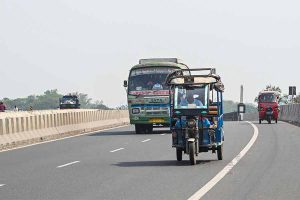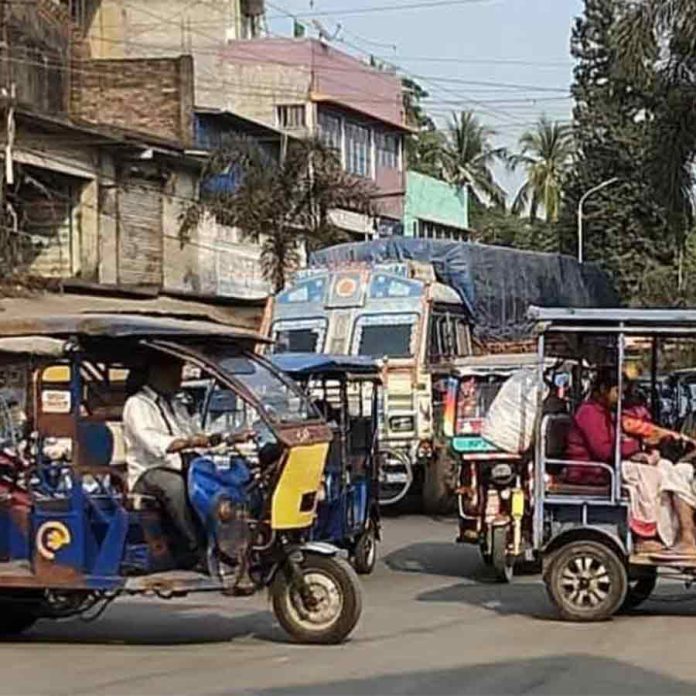West Bengal issues strict Toto rules—mandatory registration, QR-coded plates, route restrictions, and annual tax collection to boost safety, revenue, and discipline in transport.
By Qalam Times News Network
Kolkata | September 21, 2025
Toto Policy Announced by Transport Department

The West Bengal government has issued a new notification tightening rules for Toto operations across the state. From now on, every vehicle will require mandatory district-level registration, with each assigned a unique number plate carrying a QR code. Scanning the code will reveal whether a vehicle is straying from its designated route.
According to the transport department, one person will no longer be allowed to register multiple Totos. The government also plans to impose an annual tax on these vehicles, ensuring revenue inflow that was previously absent.
Route Restrictions and Transition Plans
The 11-page notification specifies that Totos must operate strictly on assigned routes, bringing order to a sector long dominated by unregulated operations. Discussions with municipalities and panchayat bodies will finalize the routes. Where Totos are overcrowding a route, a rotation system will be introduced.
Officials clarified that while most Totos on the roads today are technically unauthorized, owners will be given time to gradually replace them with e-rickshaws. The department, however, does not intend to rush this transition.
Ban on Highways and Busy Roads
The notification reiterates a previous directive: Totos, autos, and cycle-rickshaws cannot ply on national highways, state highways, or other major arterial roads. Authorities point out that violations have so far continued, causing congestion, accidents, and even slowing down the movement of goods vehicles. This time, enforcement will be stricter, with a blanket ban on such three-wheelers along high-traffic routes.
Safety, Order, and Revenue at Core
The new Toto policy was finalized after meetings involving transport officials, district administrations, municipalities, police, and Toto unions. The government’s stated goals are to improve passenger safety, ease congestion, and generate new revenue. Officials believe that once implemented, the policy will bring long-awaited discipline to the state’s three-wheeler transport system.







